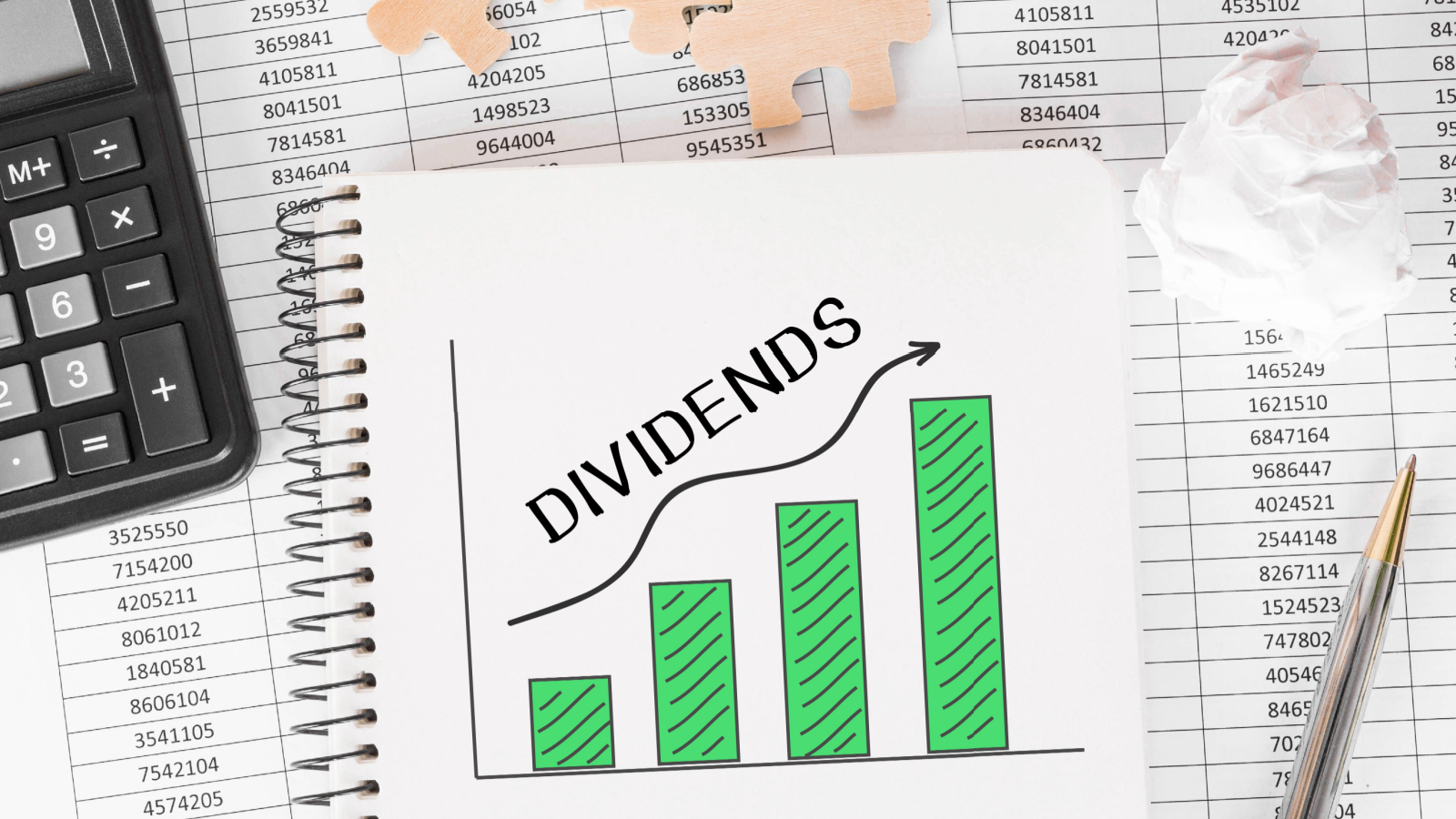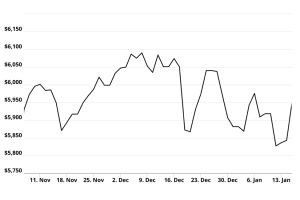
If cash flow is most important to your financial or investment strategy, finding dividend stocks with the highest yields is likely a top priority. But I’d warn prospective income investors to avoid specific sectors, even if the yields seem top-notch. Specifically, REITs, business development companies (BDCs) and some high-yield ETFs like the Global X Nasdaq 100 Covered Call ETF (NASDAQ:QYLD) may seem a high-yield dream but often have unforeseen pitfalls and risks that present problems down the road. If you understand — and are comfortable with — these risks, by all means, REITs and the like certainly have a place in a well-rounded portfolio.
But, if you want top-notch dividend stocks with the highest yields, I’d caution retail investors to first look at operational strength and outlook, then yield, when making a decision. Whereas REITs and the like have complex structures prone to systematic shocks, like interest rate hikes, that are tough to project, these companies have longstanding strength and stability alongside their status as dividend stocks with the highest yields. And this operational strength ultimately reinforces their long-term prospects and ability to keep dividend distributions flowing.
Altria Group (MO)

Altria Group (NYSE:MO) tends to be investors’ go-to move when looking for dividend stocks with the highest yield. Currently sitting at a whopping 8.3% dividend yield and 12.5% total yield, Altria is king at turning its cash crop — tobacco — into cash for its shareholders. Though reduced cigarette usage initially presented concerns, it seems as though smoking rates bottomed out or hit a floor after a long and steady decline but haven’t budged much further downward in recent years. That core consumer demographic, coupled with increased blowback against smokeless alternatives like e-cigarettes and vapes, helps ensure Altria’s long-term positioning in a notoriously sticky market.
But Altria is also proactively projecting its next market move, showing a willingness and drive to adapt to shifting forces, even before they take full effect. For example, Altria is making forays into the oral nicotine pouch market, a rapidly growing segment that’s seen less institutional flack than other smokeless alternatives.
Vale (VALE)

Mining stocks like Vale (NYSE:VALE) tend not to be the best long-term investments (measured over multiple decades) due to mining’s inherent exhaustibility. Even the most fruitful mine will eventually be exhausted, and there comes a point of diminishing returns before then when continued extraction is too pricy compared to what’s pulled from the ground. Still, as the saying goes, “Make hay while the sun shines,” and Vale’s status among dividend stocks with the highest yields tops even other mining firms at a solid 12.35% and 16.9% total yield.
Vale is the world’s largest iron ore miner and, by extension, a major player in the global steelmaking supply chain. It drastically increased production in both its iron ore and copper segments in this year’s first quarter, more than making up for a slight dip in nickel mining. Moreover, Vale’s cash production is astounding, sitting at a massive 57% EBITDA-to-cash conversion rate, all contributing to maintaining Vale’s status among dividend stocks with the highest yields.
Walgreens Boots Alliance (WBA)

Walgreens Boots Alliance (NASDAQ:WBA) may be facing tough times operationally. Still, it seems to be on an improved glide path toward rebounding as it brings Andreesen Horowitz venture partner and former Humana (NYSE:HUM) Chief Medical Officer William Shrank onto its board of directors. Though the stock sits near a 27-year low, its deep discount has a peripheral benefit: it positions Walgreens as one of the dividend stocks with the highest yields, which sits at 12.77% today. Its current yield is part of a long dividend lineage, which includes 367 consecutive quarters of distributions, or 91 years.
Walgreens is rapidly working to right-size operations, which includes shutting down a slew of unprofitable storefronts to maximize effort and resources toward higher-performing assets. While this creates a certain amount of short-term volatility, it’s the right move for the long run and may prove to be the catalyst for a rapid operational turnaround in the coming quarters.
On the date of publication, Jeremy Flint held no positions in the securities mentioned. The opinions expressed in this article are those of the writer, subject to the InvestorPlace.com Publishing Guidelines.
On the date of publication, the responsible editor did not have (either directly or indirectly) any positions in the securities mentioned in this article.



